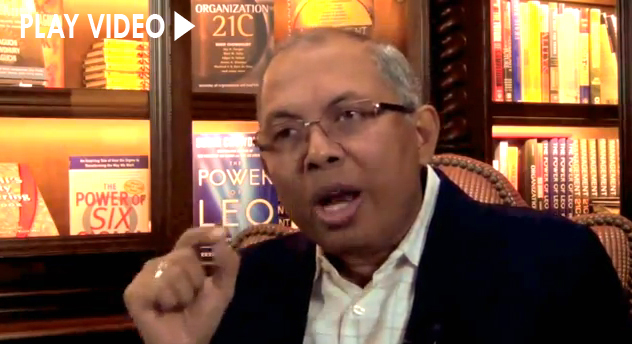Quality begins with positive, individual action; when everyone in the organization is listening, enriching, and optimizing.
Quality & You
Quality must affect every conversation and interaction that we have with peers, subordinates, and leaders; every interaction that we have with co-workers, friends and family. That is why Quality is Everyone’s Business.
I have mentioned “Listen, Enrich and Optimize” in previous articles and I’ll probably mention them again. They are the main principles of my LEO methodology and they are integral to “Quality is Everyone’s Business” (QIEB) philosophy. We use QIEB to ensure that everyone in the organization is driving toward the same goal of Quality. LEO helps ensure that this transformation is sustainable.
Why must we as individuals “listen” better to our customers, suppliers, co-workers and our competition? All too often, we dedicated ourselves to collecting data associated with a problem without asking deeper questions like “why” and “how” that might give us better clarity about the processes behind the data. Watch and observe what works and what doesn’t. Understand and empathize with all your stakeholders until you “get it.” How they express what they need; how they define their expectation of Quality; what it takes to make them delighted and enthused with you, your employees and your company – these are the realizations that will ultimately redefine the level of service you offer and provide.
We use QIEB to ensure that everyone in the organization is driving toward the same goal of Quality. LEO helps ensure that this transformation is sustainable.
When I say “Enrich,” I mean to point out a process that guides us toward what we should do once we have full knowledge of the situation. In other words, if listening leads us to lessons of how we may improve, then enriching means putting those lessons to work thereby increase our potential to achieve a successful solution. Here we apply some logical organization to how we are going to use our data. What does the data tell us about how we currently do things? How can we implement the data and when? If this sounds somewhat familiar, it should, since it echoes many of the aspects of the Quality Mindset that we constantly refer back to in QIEB: Honesty, Integrity, and Resistance to Compromise.
Ultimately, once you and your entire organization have gotten the processes and procedures honed down and working to meet and exceed the needs, wants and desires of your customers, both internal and external, then you must keep raising the bar. That’s the point of “Optimize.” The goal is not just to put out a fire but also to prevent it from happening again. We can challenge known solutions and compare them against other solutions you have discovered; select the best ones and constantly subject them to every situation they may encounter. When you have corrected for any and all possible shortcomings, start the process over. Ultimately, we will never settle for just “good enough” again.
We can spend quite a bit of time on sharpening our LEO skills. By Listening, we don’t get complacent. By Enriching, we strive for perfection. And by Optimizing, we look at Quality as a universal, everyday goal, not an exception that rests with a few people. Ultimately, to be successful, quality must be “everyone’s” business.



















